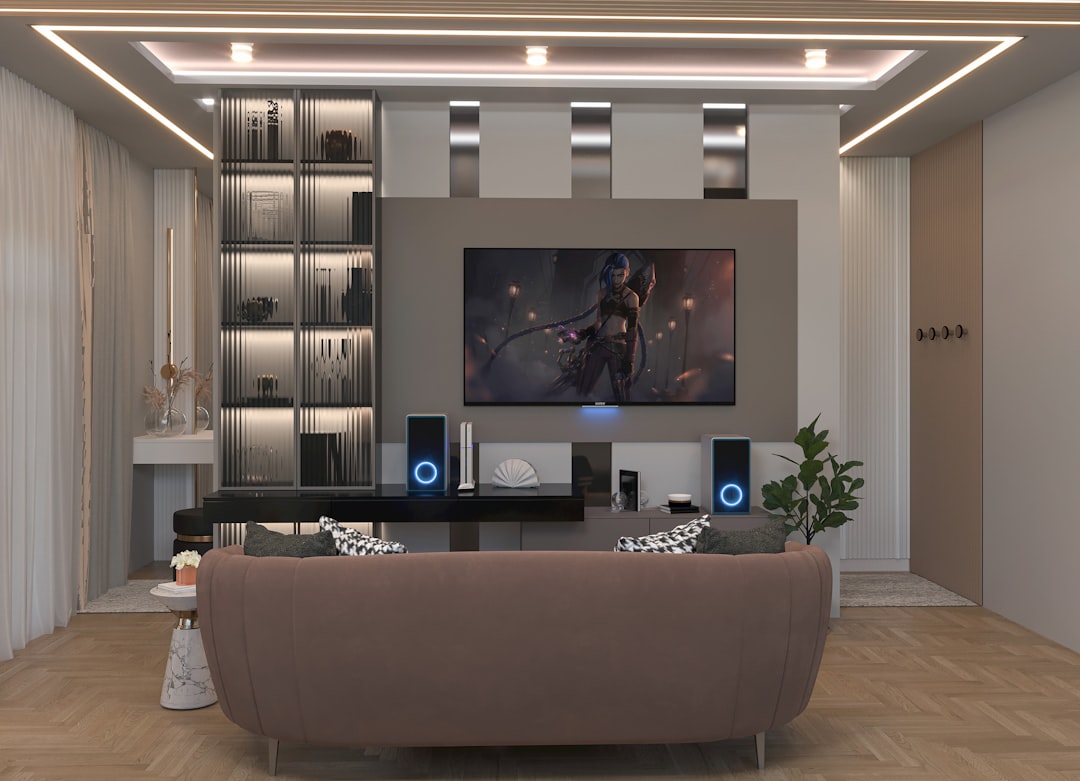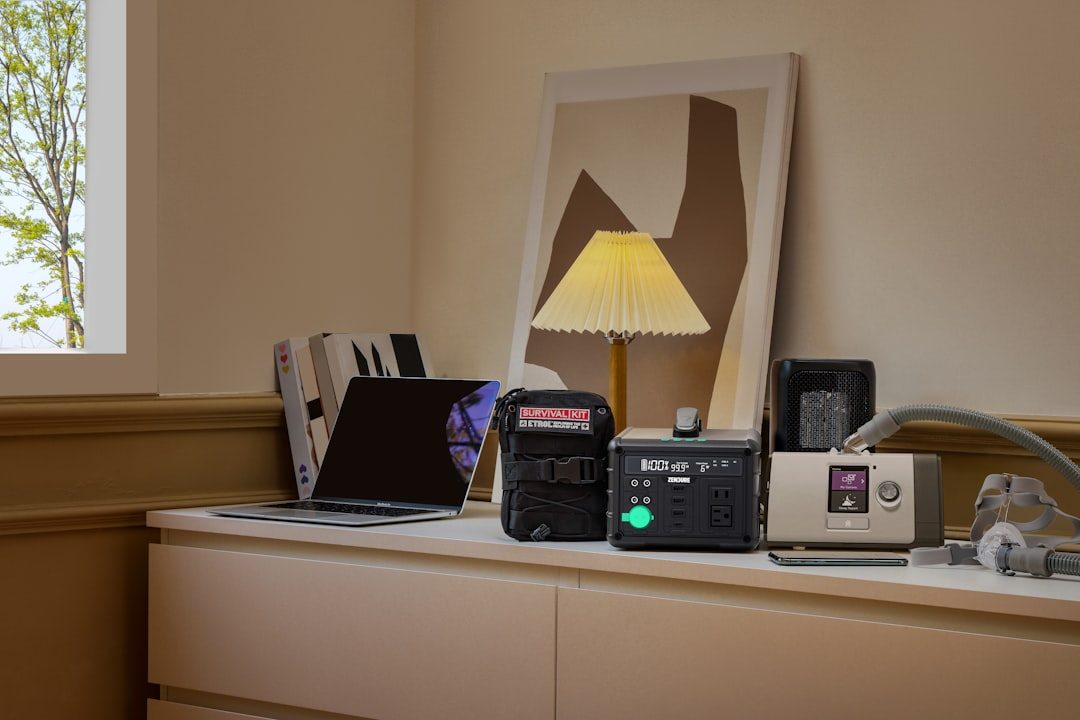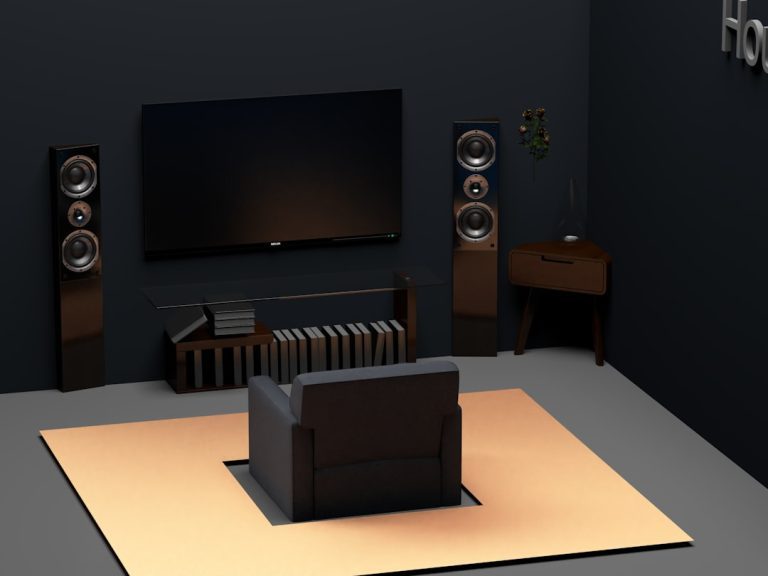When it comes to home entertainment systems, soundbars have become a popular choice for upgrading the audio experience without the complexity of a full surround sound system. Among the top contenders in the premium category are the Bose Smart Ultra Soundbar and the Bose Smart Soundbar. Both models offer powerful features, sleek designs, and the signature Bose sound quality, but they cater to slightly different needs and budgets.
So, which one should you choose? This detailed comparison will walk you through their similarities, differences, and performance to help you make an informed decision.
Design and Build Quality
The design language of both the Bose Smart Ultra and Bose Smart Soundbar is minimalistic yet elegant, making them suitable for any modern living room.
- Bose Smart Ultra Soundbar: Crafted with anodized aluminum and a smooth finish, this model boasts a more premium build with subtly placed speaker grills and a slightly wider body to accommodate additional drivers.
- Bose Smart Soundbar: Also sleek and well-built but less luxurious in materials. It features a high-quality plastic chassis with metallic accents and is slightly more compact.
In essence, both are visually appealing, but the Ultra carries a touch more sophistication suitable for high-end setups.

Audio Performance
Arguably the most crucial aspect of any soundbar is audio quality. Here, Bose truly shines. While both soundbars offer rich and immersive sound, there are notable differences in their acoustic performance.
- Bose Smart Ultra Soundbar: This soundbar comes equipped with TrueSpace spatial processing and Dolby Atmos, delivering a theater-like 3D soundstage. It also uses AI Dialogue Mode to enhance vocals, making it an excellent choice for movies and TV shows.
- Bose Smart Soundbar: The base model offers excellent clarity and balance, but it lacks support for Dolby Atmos. It still provides immersive performance through Bose’s advanced digital signal processing, but it isn’t as expansive as the Ultra.
For audiophiles or those who crave a true cinematic experience, the Ultra is the winning pick. However, the Smart Soundbar is still a strong contender for casual viewing or smaller spaces.
Smart Features and Voice Assistants
Both soundbars come fully loaded with smart features, designed to integrate seamlessly into smart home environments.
- They both support Amazon Alexa and Google Assistant natively, providing hands-free controls.
- Integration with Bose Music App allows customizable settings, multi-room playback, and firmware updates.
- Both feature built-in Wi-Fi, Bluetooth, and compatibility with Apple AirPlay 2 and Spotify Connect.
Despite these similarities, the Ultra model slightly edges out with more updated firmware options and a dedicated microphone system for improved voice pick-up — useful in noisy environments.
Connectivity Options
Connectivity is crucial for ease of setup and integration. Both soundbars offer a comprehensive array of inputs.
- HDMI eARC: Present in both, allowing higher-resolution audio formats and simplified control through TV remotes.
- Optical Input: Available in both models for older TVs or audio sources without HDMI.
- USB Port: Limited primarily to service-related functions.
The key differentiator is the support for advanced sound processing and formats in the Ultra, which leverages eARC more effectively than the standard Smart Soundbar.
Expandability and Customization
Both models support expandability by functionality with Bose’s ecosystem of audio products:
- Compatible with Bose Bass Module 500 or 700 for added low-end rumble.
- Can pair with wireless Bose Surround Speakers to create a complete surround sound setup.
However, the Smart Ultra model benefits more from these expansions thanks to its advanced processor and spatial audio compatibility, resulting in a more immersive experience when fully kitted out.

Price and Value
This is where the final decision often comes down to budget:
- Bose Smart Ultra Soundbar: Retails at a higher price, but the added features and performance make it a worthwhile investment for serious home entertainment lovers.
- Bose Smart Soundbar: More affordable and still offers excellent performance, making it a fantastic option for those upgrading from built-in TV speakers or starting their smart home audio journey.
In terms of price-to-performance ratio, the Smart Soundbar delivers a more modest yet competent experience, while the Ultra is an all-in-one performer tailored for enthusiasts.
Verdict: Which One Should You Buy?
Choosing between the Bose Smart Ultra Soundbar and the Bose Smart Soundbar depends largely on your specific needs and budget.
- If you’re a casual user who watches standard TV programs, enjoys streaming, and wants decent audio performance without breaking the bank, the Bose Smart Soundbar is your best bet.
- If you’re a home theater enthusiast or someone who watches a lot of movies, plays games, and wants to experience Dolby Atmos and next-gen spatial soundscapes, then invest in the Bose Smart Ultra Soundbar.
Overall, you can’t go wrong with either, but understanding the differences ensures you get the soundbar that best complements your lifestyle and space.
FAQs
- Q: Do both soundbars support Dolby Atmos?
- A: No, only the Bose Smart Ultra Soundbar supports Dolby Atmos. The base Smart Soundbar does not.
- Q: Can I add a subwoofer or surround speakers later?
- A: Yes, both soundbars are compatible with Bose’s Bass Modules and wireless Surround Speakers.
- Q: Is there a difference in voice assistant functionality?
- A: Both support Alexa and Google Assistant, but the Smart Ultra has more advanced microphone arrays for better voice pick-up.
- Q: Which soundbar is better for gaming?
- A: The Smart Ultra is better for gaming due to its spatial audio and Dolby Atmos support.
- Q: Can both models be wall-mounted?
- A: Yes, both come with the option to be wall-mounted using compatible mounting accessories.




